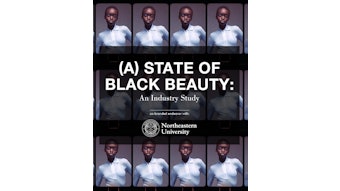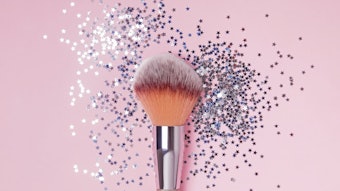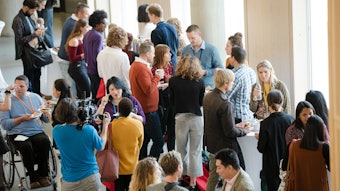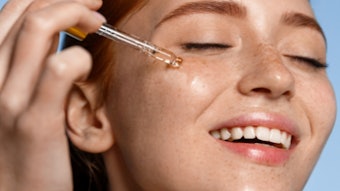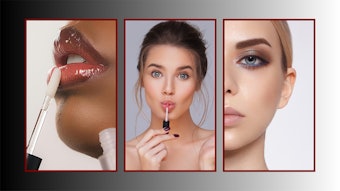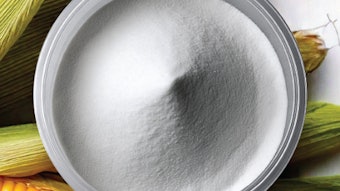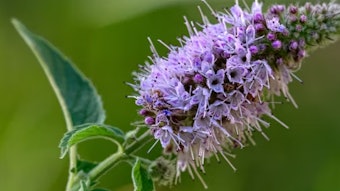The second Latin American edition of the Sustainable Cosmetics Summit saw success at its recent event in São Paulo, Brazil. Among its presentations and spakers, the summit worked to highlight the shortcomings in the sustainable development of the beauty industry. Although Latin American firms are leading in some areas of sustainability, suc has ethical sourcing and biodiversity, greater steps need to taken to reduce the environmental impact of cosmetic formulations and packaging.
More than 150 senior executives from the beauty industry convened in Sao Paulo to discuss sustainability issues, showcasing industry best-practices from leading companies such as Grupo Boticário, Natura Brasil, Unilever and Grupo Pão de Açúcar.
Several speakers also highlighted the growing complexity of sustainability; Malu Nunes from Grupo Boticário stated that sustainability can no longer be an isolated function, saying "it has to be spread across organization departments." And Natura Brasil, which has been carbon neutral since 2007, gave details of its carbon measurement program. The largest cosmetics company in Latin America, Natura has reduced carbon emissions by 28% since 2006 while also expanding its business.
The summit also looked at difficulties in raw material sourcing, as this is cited as one of the reasons behind the low production levels of natural and organic cosmetics. Although beauty companies are interested in green formulations, very few have developed certified products. Arte dos Aromas and Feito Brasil Cosméticos were presented as two Brazilian companies that have managed to overcome the technical hurdles. Also, IBD Certification and Ecocert gave an update on the adoption rates of their standards in the region. According to IBD Certification, government regulations were preventing the organic beauty market from taking off, and a panel discussion on the environmental impact of ingredients brought up a debate on whether plant-based materials were always more sustainable then synthetics.
Approaches to reduce the environmental footprint of packaging were also featured during the summit. Karen Santos, CEO of Creez Communicação e Design, encouraged beauty firms to think of packaging waste as materials for new products via the cradle-to-cradle design approach. To reduce packaging waste itself, the retailer Grupo Pão de Açúcar has set up recycling stations at its stores. And the cosmetics association ABIHPEC is working with local government agencies to set up reverse logistics schemes to remove packaging from waste streams. In its paper, ACV Brasil stated companies should also factor in social impacts when considering life cycle assessments.
In the marketing session, a number of papers highlighted the pervading influence of digital technology on the beauty industry in Latin America. In his speech on social media, Gabriel Borges CEO of Ampfy, said, "The Internet has changed the game of communication—giving everyone a voice!" Beauty brands were encouraged to utilize social media to build partnerships with consumers. How the growth of mobile devices is making TV the secondary screen to most consumers was also discussed by agency DP6. Other speakers covered digital marketing and sustainability communications, as well.
Discussions about sustainable development of the beauty industry will continue in the upcoming European (in Paris, October 21–23, 2013) and Asia-Pacific (in Hong Kong, November 1–13, 2013) editions of the Sustainable Cosmetics Summit.


